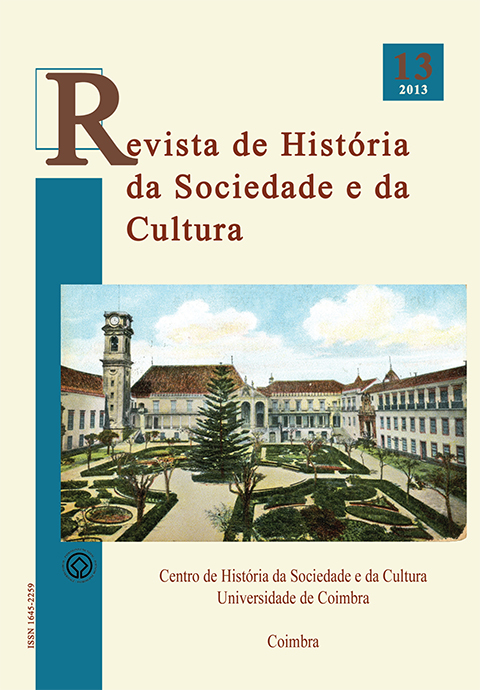Processo inquisitorial e processo régio: semelhanças e diferenças (o caso português)
DOI:
https://doi.org/10.14195/1645-2259_13_12Keywords:
Inquisitorial process, Secular courts process, Criminal procedureAbstract
The Inquisitorial Process was one of the most controversial aspects of the History of the Inquisition. Main target of criticism by the New Christians, who claimed the uniqueness of the Portuguese procedure, it is still today regarded by the historiography as a procedure of exceptional nature.
Considering that a correct understanding of the Inquisitorial process envolves framing it within the european law culture from which it derives, this paper proposes a comparative study between the procedures practiced by the Portuguese Tribunal of Holy Office, as enshrined by the 1640s Regimento do Santo Oficio, and those practiced by the Secular courts, regulated by the Ordenações Filipinas.
Through a comparative analysis that on one hand empowers the conduct of proceedings, and on the other, the prooftheory, we aim to assess the similarities and differences between the two legal institutions, namely assessing ifsimilar legal institutions and practices had the same nature, as general or exceptional rules.
Downloads
Downloads
Published
Issue
Section
License

This work is licensed under a Creative Commons Attribution 4.0 International License.
Authors retain copyright and grant the journal right of first publication with the work simultaneously licensed under a Creative Commons Attribution License that allows sharing the work with recognition of authorship and initial publication in Antropologia Portuguesa journal.











